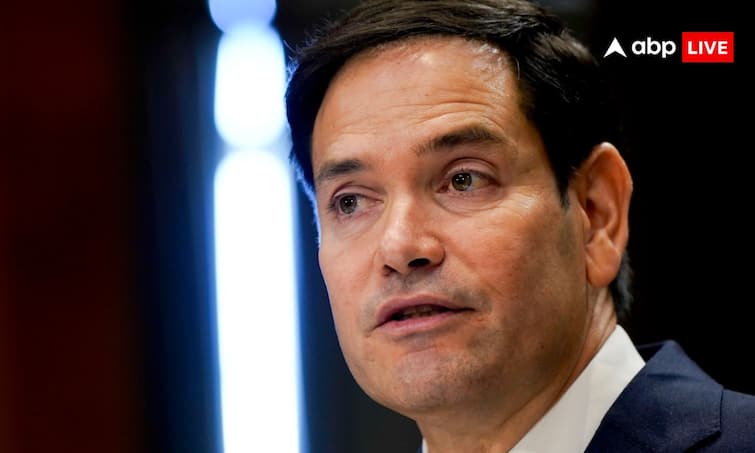US Secretary of State Marco Rubio has brushed aside growing speculation that Washington’s deepening strategic engagement with Pakistan is intended to sideline India. He affirmed that America’s partnership with Islamabad will not come at the cost of its “deep, historic, and important” ties with New Delhi.
Speaking to reporters aboard his flight to Doha, Qatar, on Saturday, Rubio emphasized that India recognises the diplomatic necessity of engaging with multiple nations in today’s complex geopolitical climate.
“I don’t think anything we’re doing with Pakistan comes at the expense of our relationship or friendship with India, which is deep, historic, and important,” Rubio said, addressing concerns in New Delhi over renewed US-Pakistan cooperation.
Acknowledging those concerns, the top US diplomat added, “We know they’re concerned for obvious reasons because of the tensions that have existed between Pakistan and India historically.”
Washington Defends Broader Engagement Strategy
Rubio underlined that the United States views its expanding relationship with Pakistan as part of a broader strategic effort. He highlighted that American foreign policy aims at working with a variety of nations on mutual interests.
“We have to have relations with a lot of different countries. We see an opportunity to expand our strategic relationship with Pakistan, and that’s our job — to try to figure out how many countries we can find and how we can work with them on things of common interest,” he said.
Praising India’s approach to diplomacy, Rubio noted that “the Indians are very mature when it comes to diplomacy and things of that nature. They have some relationships with countries that we don’t have relationships with. It’s part of a mature, pragmatic foreign policy.”
Renewed US-Pakistan Push Raises Eyebrows In India
Rubio’s remarks come at a time when the Trump administration has been actively renewing its diplomatic and strategic outreach to Pakistan, a move that has stirred unease in India’s policy circles.
Tensions between India and Pakistan have remained high since May, following India’s Operation Sindoor, which targeted nine terror training camps in Pakistan and Pakistan-occupied Jammu and Kashmir (PoJK). The strikes were launched in retaliation to a Pakistan-sponsored terror attack in Jammu and Kashmir’s Pahalgam on April 22, which killed 26 people.
Following a call between the Directors General of Military Operations (DGMO) from both sides, the two countries agreed to halt full-scale military action soon after.
President Donald Trump had publicly claimed credit for de-escalating the border tensions, a claim India swiftly rejected. Pakistan, however, welcomed the statement and even nominated him for a Nobel Peace Prize.
As diplomatic efforts continue, trade frictions have also emerged between Washington and New Delhi. The US recently imposed a 50 percent tariff on Indian exports, 25 percent of which stem from India’s ongoing purchase of Russian oil, which Washington argues indirectly funds Moscow’s war campaign in Ukraine.
In contrast, Pakistan faces a lower 19 percent tariff rate and has signed new agreements with the United States for mineral mining and oil exploration, signalling a renewed momentum in economic cooperation between Islamabad and Washington.


